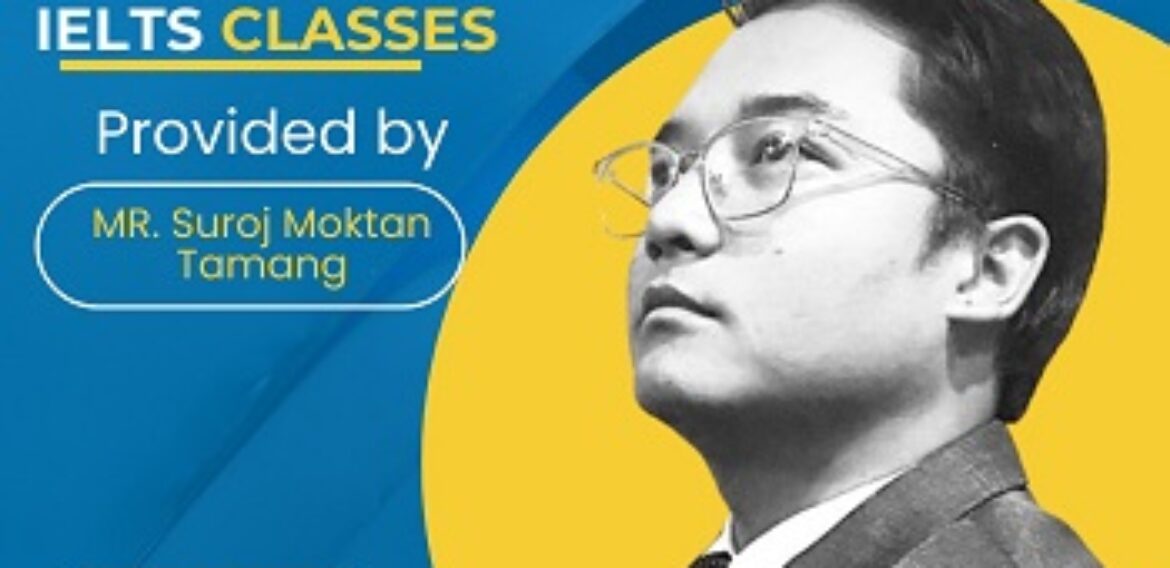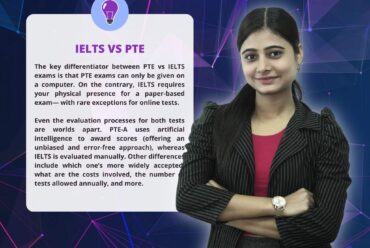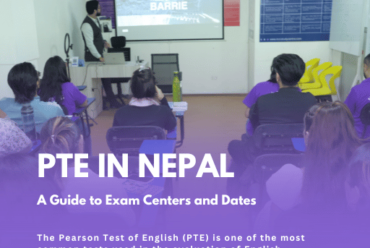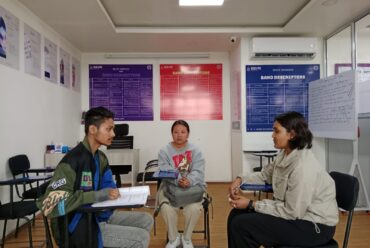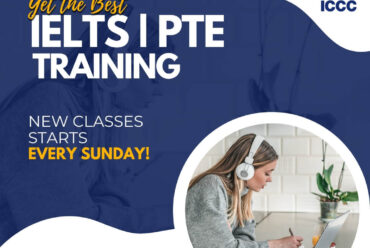How to choose IELTS in Nepal in 2024
Being a recent +2 examination appearing student in Nepal, you probably spend your time thinking about your future prospects, or should I say, the unseen question mark that always roams in your mind with the deprivation that you experienced in Nepal. You might be thinking of going abroad. If so, then you are probably looking at developed, opportunity-filled places like Canada, the USA, Australia, New Zealand, or most of the European countries.
Now that you’ve thought of studying abroad, you will need to demonstrate your language ability through some sort of standardised test. In particular, if the country to which you will be travelling has English as the most spoken language, you will have to show your proficiency through various English Language Proficiency tests taken in Nepal, and the most prevalent among them is IELTS.
Nepal is home to many IELTS institutes. In the capital, there is a pretty high concentration. But, within the promises of their excellence and better output, it is important to be sure if subscribing to their courses is going to guarantee you that excellence. “Do you want true IELTS proficiency, or do you want discounts and other fancy schemes?” Don’t worry. I just wanted to wake you up. These are essential questions.
Let me help with the decision by giving you 15 critical things to consider before subscribing to any IELTS course:
1. Accreditations: The course provider should be accredited by recognised institutions for delivering quality and credible courses. For IELTS, the instructors should have a CELTA certificate and should have trained under respectable institutions like the British Council and IDP IELTS. Plus, the instructor should have also sat down on multiple tests with excellent score that falls in the range of C2 as per CEFR (Common European Framework of Reference for language)
2. Content of the course: Check the course curriculum. It should cover all the sections of IELTS: listening, reading, writing, and speaking. Ask for detailed insight into the curriculum and daily lesson plans from the instructor. A dedicated course is always based on transparent curriculum with predetermined lesson plans that assist in meeting the objective of the day. Run away as soon as you hear terms like ‘tips and tricks’ and ‘rich history’ when they are hesitant to show the course curriculum.
3. Qualifications of the trainers: Check the qualifications and experiences of the instructors. Look for proficiency in the English language and experience in teaching English as a second language. Their own IELTS test scores would be a credible measure of competence. If the tutor guides in Nepali, it’s a ‘red flag’. Run away.

4. Experience and Reputation: Legitimate institutes have many testimonials proving their effectiveness. You can look into the success rate of past students to determine how effective the institute is. Make sure that you resist all testimonials below 7.
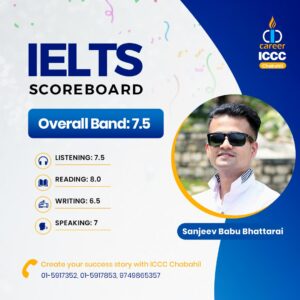
5. Study Materials: Ask about the availability of class and home assignment study material. Genuine institutes often have dedicated websites for resource distribution.
6. Class Size: Enquire about the class size and ensure small, personalised attention from instructors. The best learning environment is small groups for high interaction and personal guidance. Don’t fall for the trap of ‘brand’. They might be good in visas because it’s a ‘no brainer’ that with huge investments, there comes huge opportunities. IELTS is no way associated with their visa success rate. Ask specifically IELTS.
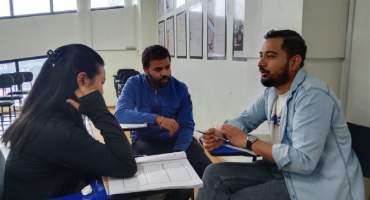
7. Flexibility of the Course: Check if the course provides flexibility in scheduling for students with various commitments. The flexible course will help include all the students in the course, despite their commitments. Just incase you failed to attend the class in the morning, can you get the same class in the day or evening?
8. Regular Assessment: Look for institutes that are going to provide you with regular assessment and feedback sessions. These regular assessments should include mock tests designed per IELTS standards. These evaluations are important for tracking progress and refining skills. What social media can you stay updated with other IELTS aspirants and your tutor?

9. Additional Support Services: Inquire about additional support services, such as personal feedback, workshops, or counselling sessions, which enhance overall learning efficacy.
10. Research: Research the institute’s track record and its success rate to make an informed decision regarding their credibility and effectiveness. Most of the times, students like you choose IELTS in those companies which only post “visa successes”. What a shame that a high school graduate still doesn’t understand what IELTS success is.
11. Cost and Value: Though cost is an important factor, it should not be the only deciding factor based on the value provided. The course should deliver the expected quality to justify the pricing. Don’t buy cheap courses. Most often, they don’t have quality.
12. Location: Check the location of the institute and its accessibility from where you stay, for convenience and minimising disruptions due to external factors like weather. These days, it’s raining. How will you reach the class when it’s raining just too heavy to step outside on the streets?
13. Additional Resources: Check if the institute provides online resources and engagement platforms for constant learning and interaction outside the classroom.
14. Duration: Check the duration of the course and how it aligns with your preparation timeline for the IELTS exam. Balance the thoroughness with practicality.
15. Post-Course Support: Check if the institute is committed to providing support after the course, including guidance on exam registration and further educational pursuits, for a smooth transition beyond the course.
By carefully considering each of these factors, you can make an informed decision that meets your goals and optimizes your success in the IELTS exam and beyond.

